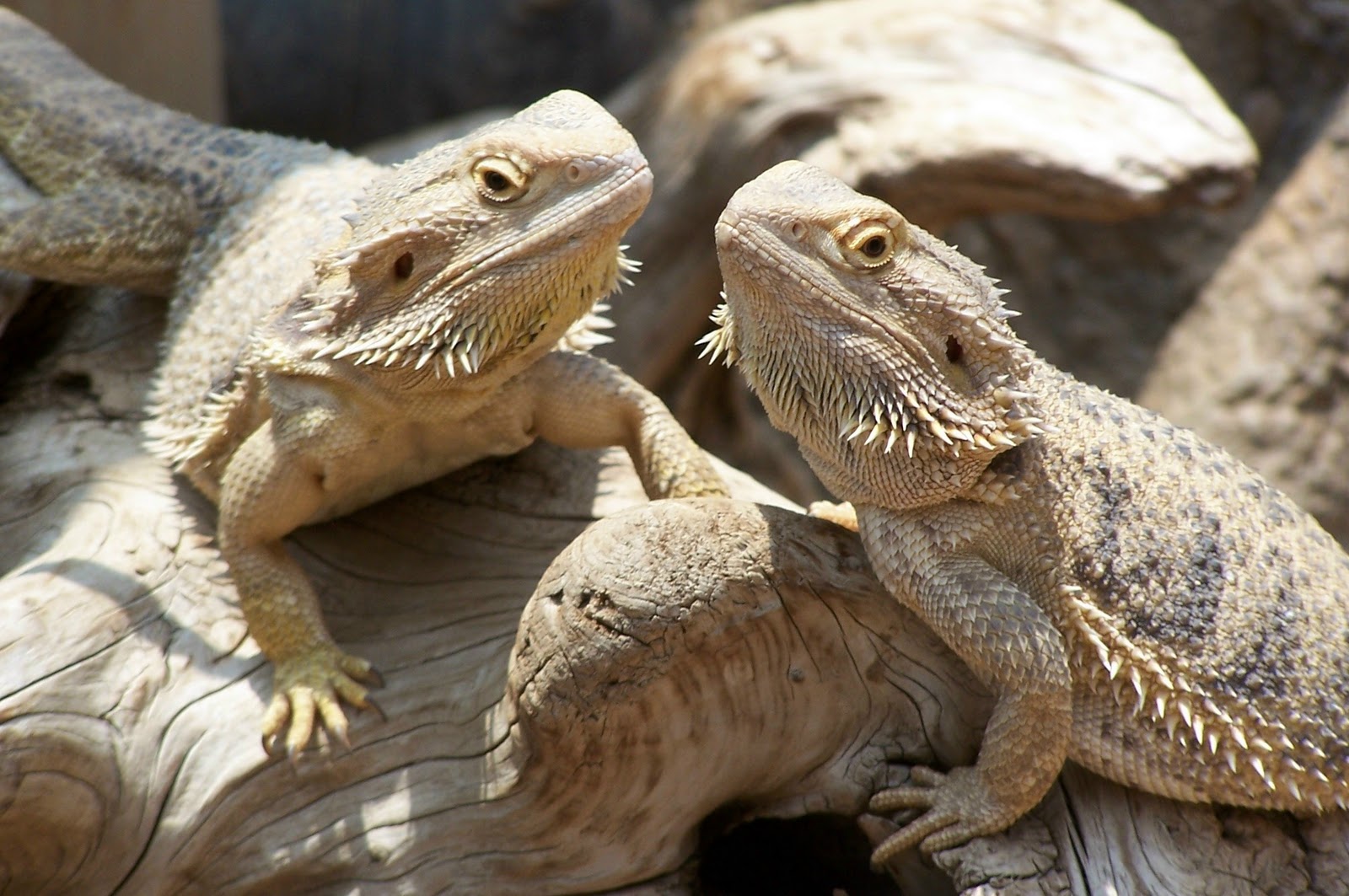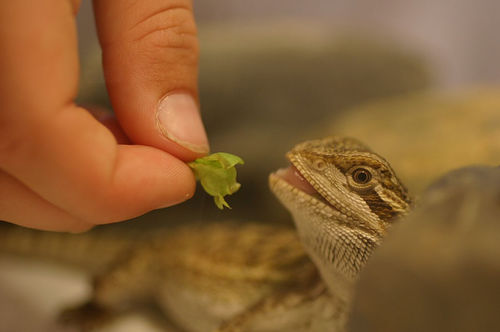Unlocking the Secret to Keeping Your Bearded Dragon Happy: Understanding Bearded Dragon Stress
Introduction
Bearded dragons are one of the most popular pets among reptile lovers. They are docile, friendly, and don’t require a lot of space or attention. However, just like any other pet, they can experience stress. In this blog post, we will discuss what causes bearded dragon stress and give you tips on how to prevent it.
What Causes Bearded Dragon Stress?
Bearded dragon stress can be caused by several factors. Here are some of the most common ones:
- Inadequate housing – Bearded dragons are naturally active reptiles, so keeping them in a small enclosure can cause stress.
- Incorrect temperature – Bearded dragons require specific temperatures to maintain their health. Extreme temperatures, whether too hot or too cold, can cause stress.
- Overhandling – Bearded dragons, like all pets, need their space. Overhandling them can cause stress and eventually lead to health problems.
- Lack of socialization – Bearded dragons are social reptiles that require interaction with other dragons and their owners. Lack of socialization can cause stress.
- Change in environment – Moving to a new home or even rearranging the furniture in your home can cause stress in bearded dragons.

Symptoms of Bearded Dragon Stress
If your bearded dragon is stressed, it may exhibit some of these symptoms:
- Lack of appetite
- Lethargy
- Hiding or avoiding interaction with you
- Aggression
- More aggressive shedding
- Glass surfing
- Increased breathing rate
How to Prevent Bearded Dragon Stress
Preventing bearded dragon stress involves creating a healthy and stable environment for your pet. Here are some tips on how to prevent bearded dragon stress:
1. Proper Housing
Bearded dragons require an enclosure that is at least 40 gallons in size. The enclosure should have a basking spot with a temperature of 100-110°F and a cooler area with a temperature of 80-85°F. The enclosure should also have a UVB light source that provides 10-12 hours of light per day.

2. Correct Temperature
To maintain your bearded dragon’s health, you need to ensure that the temperature inside the enclosure is correct. You can achieve this by using a basking light, under-tank heater, or ceramic heat emitter.
3. Regular Handling
Bearded dragons require regular handling to get used to being around humans. However, you need to be careful not to over-handle them. Overhandling can cause stress, which can lead to health problems.
4. Socialization
Bearded dragons are social reptiles that need interaction with other dragons and their owners. Providing your bearded dragon with toys, hiding spots, and social interaction can help prevent stress.
5. Consistent Environment
Bearded dragons are creatures of habit, so maintaining a consistent environment can help prevent stress. Avoid moving the enclosure around or making sudden changes to your dragon’s environment.
Conclusion
Bearded dragons are fantastic pets that require proper care and attention. We hope this blog post has provided you with helpful tips on preventing stress in your bearded dragon. Remember, a happy bearded dragon is a healthy bearded dragon.

